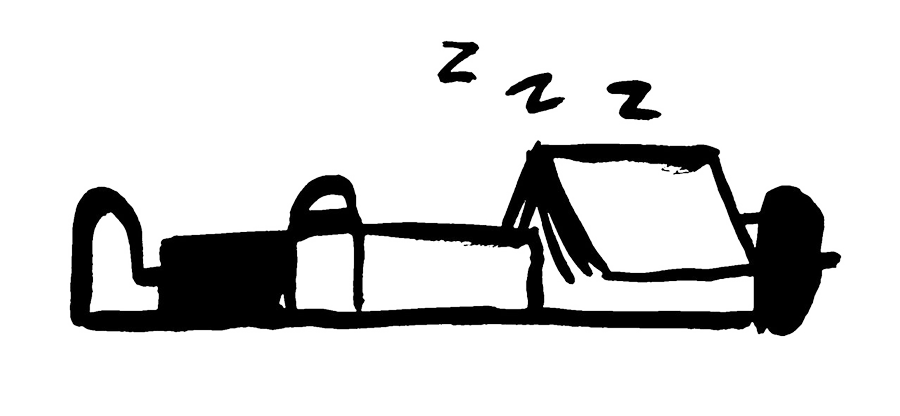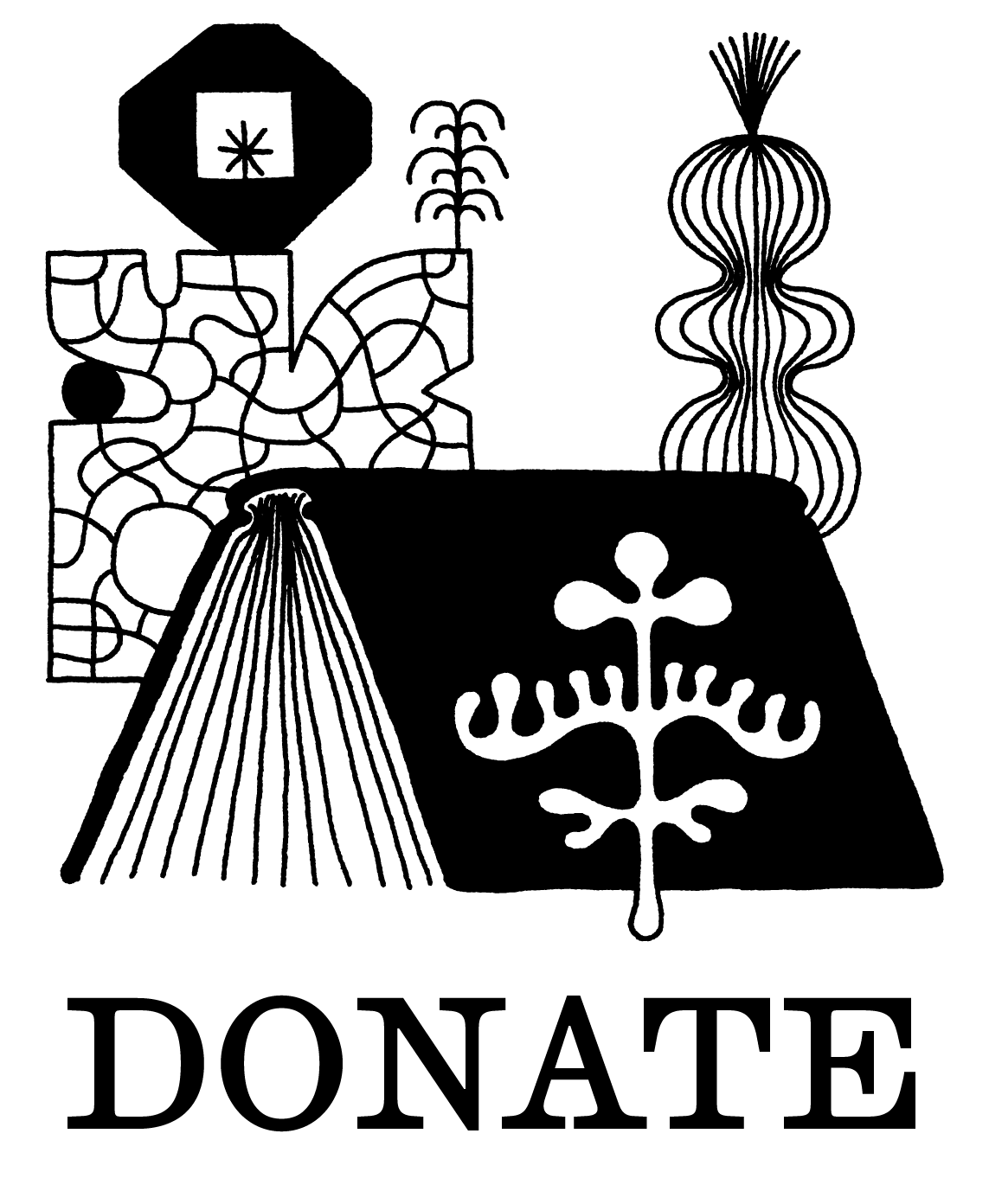
| Title | Panorama |
| Author(s)/Editor(s) | Merle Kröger |
| Publisher | Kayfa ta |
| Pages | 54 |
| Dimensions | 120 x 160 mm |
| Format | Softcover |
| Year | 2022 |
Navina Sundaram is sitting in the editing room in Hamburg. She has managed to reduce the com- plexity of the Kemal Altun case to the required 2 minutes and 40 seconds for the political magazine; a journalistic feat considering the legal terminology and the international political situation, which must be presented in simple terms. She places her interview with the judge at the back. The audience therefore first gets an impression of perhaps the best-known deportation prisoner of the republic on trial here. The phone rings. I imagine she is displeased about the disturbance. It’s the day of the broadcast; the report still needs to be approved. It rings again. She answers. Peter Boultwood is on the phone and says, “Did you hear? Kemal jumped out of the window in the courtroom. He’s dead.”
Merle Kröger lives in Berlin where she works as a novelist, screenwriter and dramaturg. She was a member of the Berlin film collective dog film (1992–1999) and founded pong lm in 2001. Kröger is the co-author of Philip Scheffner’s internationally awarded films Revision (2012), Havarie (2016) and Europe (2022). Kröger has published five novels to date, including Grenzfall (2012), Havarie/ Collision (2015) and Die Experten/ The Experts (2021). Her novels have received numerous awards, including Best Crime Novel of the Year, the Radio Bremen Prize for Crime Fiction and the German Crime Fiction Prize.
About Howdunnit:
With one foot in archival research and the other in crime literature, this series explores how these different modes of investigation converge and diverge. One can start with a body riddled with holes, the body may be an archive or the corpse of a neighbor. Forensic investigation is underway, but some crimes can only be unlocked through language. Sometimes language is the site of the crime, its perpetrator, victim or chief investigator. Howdunnit summons literary and archival research to the investigation of crime and how its narratives are constructed, obfuscated or dismantled, its gaps filled or purposefully left open, its evidence gathered, its cases closed or left to stare back at us across time.
The first two book in the Howdunnit series, Archives & Crimes by Iman Mersal and Panorama by Merle Kröger, came out upon an invitation to Kayfa ta (Maha Maamoun and Ala Younis) extended by the editors of The Nomadic Curriculum — A Manual Series are publications by Haus der Kulturen der Welt (HKW), Stefan Aue, Lama El Khatib. To enter a collective archive is to carry an anonymous corpse on your shoulders. You are not investigating how this corpse met its death so much as feeling impelled, somehow, to fill in the gaps that render it anonymous. Whether or not you are hoping to tell the story and share it with others, you might be able to give this corpse a name and lend a meaning to its life. The corpse is the researcher’s question. Urgent, mysterious, distorted or even inconsistent, it is a question that issues from the present—the here and now—but which lacks the language required to speak it.

